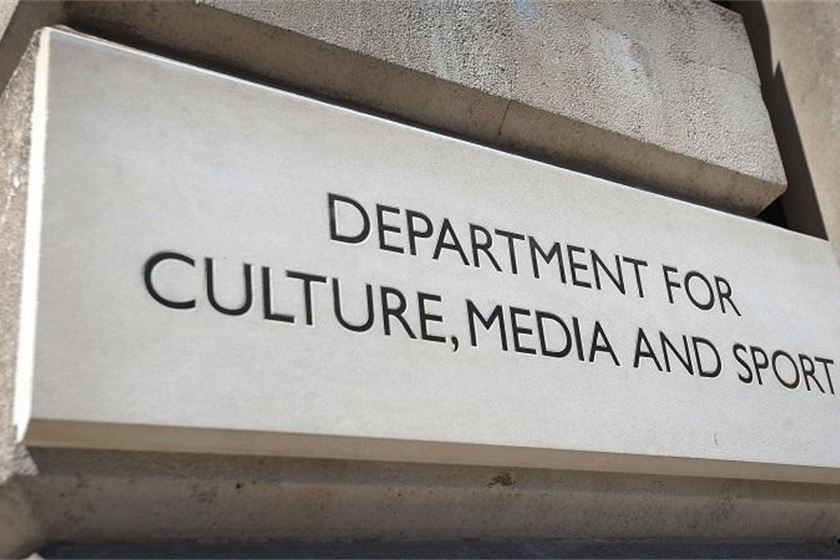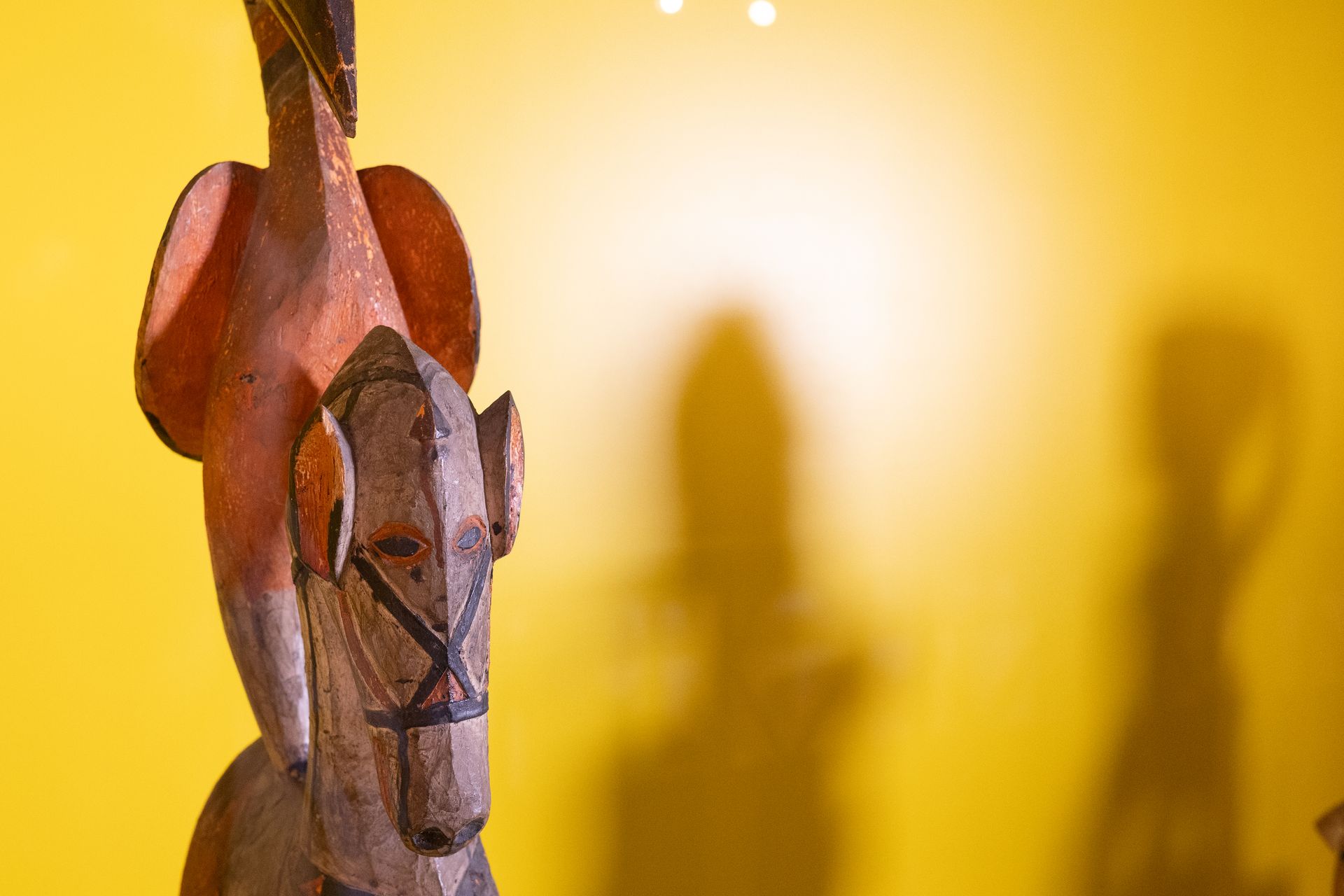Cultural Restitution
SHARE ARTICLE
Now Rishi Sunak has fallen into line with other Conservative prime ministers by dismissing any prospect the United Kingdom is about to return ownership of the Parthenon Marbles to Greece.
Speaking to reporters en route to this week’s major summit on defence and security in San Diego, California, Sunak was unequivocal in stressing their importance as “a huge asset to this country.”
Cared for by the British Museum, Sunak insisted: “We share their treasures with the world, and the world comes to the UK to see them. The collection of the British Museum is protected by law and we have no plans to change it.”
According to The Guardian, the Prime Minister went on to say that a long-term loan would not be in the spirit of the government’s position. This is despite secret talks about a new long-term cultural partnership agreement held last year between British Museum chairman George Osborne and senior Greek officials, including Greek Prime Minister Kyriakos Mitsotakis.
Osborne himself played a key role as Chancellor in the premiership of David Cameron (2010-2016), who faced a call in 2011 to put right a 200-year wrong by returning the sculptures. “I’m afraid I don’t agree,” replied Cameron answering a question in the Commons from Liberal Democrat MP, Andrew George. “The short answer is that we’re not going to lose them.”
Seven years later, Cameron’s successor Theresa May (2016-2019) batted away a fresh attempt to return the Marbles from newly-appointed Greek Prime Minister Alexis Tsipras. She referred Greece’s premier to the role of the British Museum’s trustees as guardians of the Museum’s interconnected world collection. The Parthenon Marbles are “a part of the world’s shared heritage and transcend political boundaries,” according to the trustees in a statement they published on the Museum’s website.
The premiership of the philhellene Boris Johnson, an ardent classicist who potentially was more likely than any other Conservative prime minister to sympathise with the Greek appeal for restitution, proved how often political expediency can overtake personal persuasions. Johnson’s student rhetoric in favour of returning the Marbles quickly swung into a reverse gear when he became Mayor of London:
“Much as I sympathise with the case for restitution to Athens, I feel that on balance I must defend the interests of London.”
Boris Johnson
Johnson went on to spend his three-year tenure as prime minister (2019-2022) insisting it is the British Museum’s trustees and not the UK government who are responsible for deciding if the Parthenon Marbles are ever returned to Greece. “The British Museum operates independently of the government,” repeated Lord Parkinson, Britain’s Minister for the Arts, “meaning that decisions relating to the care and management of its collections are a matter for its trustees.” However, this position conveniently ignored the requirement of government to overturn the existing legislation that legally prevents the trustees from returning the Marbles. Parliament’s role remains critical.
You’d imagine there was barely enough time in her 45 days as prime minister for Liz Truss to express her support for retaining the Marbles. But she still found time during an interview she gave on GB News in October 2022 when she said she doesn’t share the views of George Osborne there’s a “deal to be done” over a possible loan agreement with Greece.
Which brings us to Rishi Sunak’s latest intervention. As the UK's fifth prime minister in the last thirteen years, it would seem that nothing has changed at the very top of the Conservative party. A refusal to budge on ownership remains absolute; even a loan of the sculptures is looking unlikely. So, why is this rant important? Without the emphatic support of the party leadership and without the time allocated in parliament to debate the rights or wrongs of restoring the sculptures to Athens, the best travails of Greek officials under this present government are likely to lead nowhere. Ultimately, the Marbles will be returned to Greece. Right now though, this Conservative party is not for turning.



